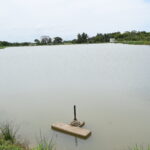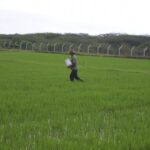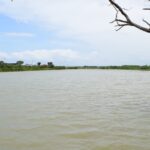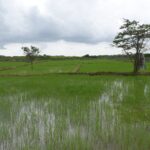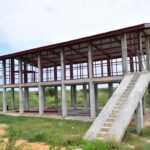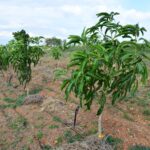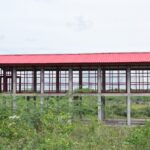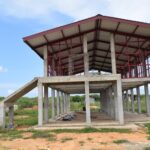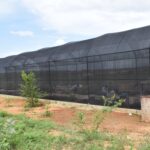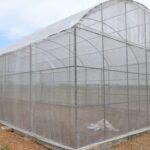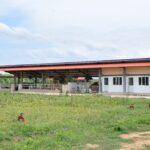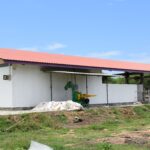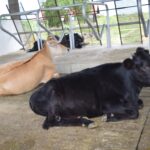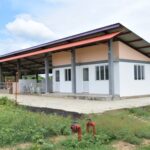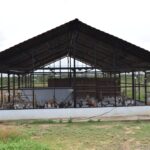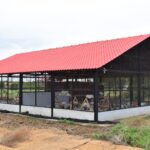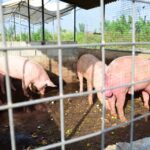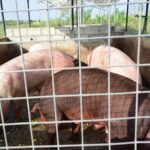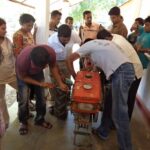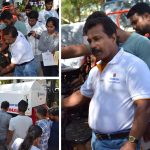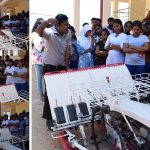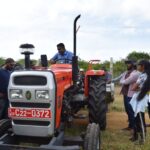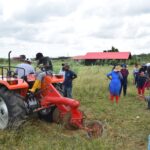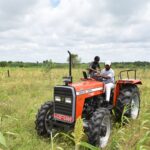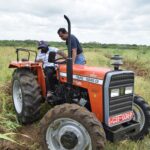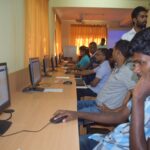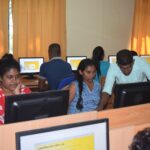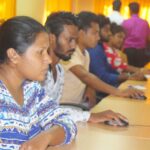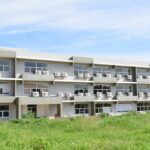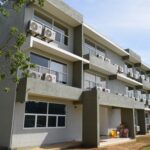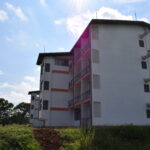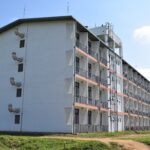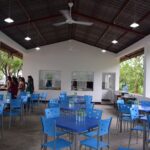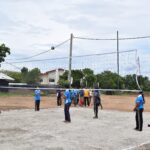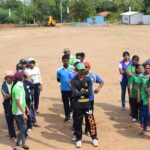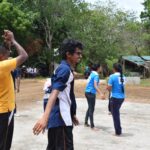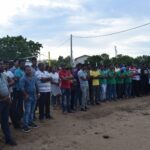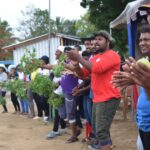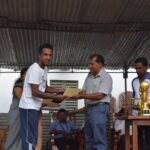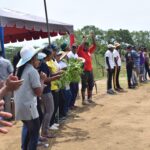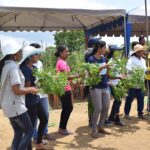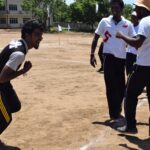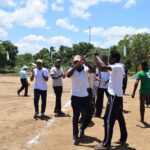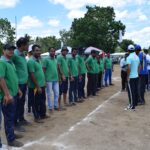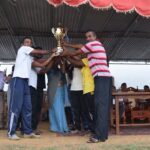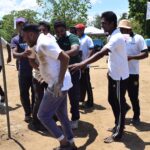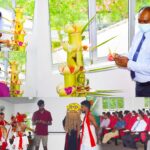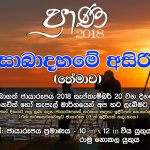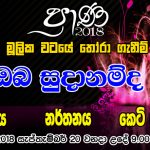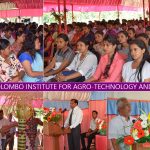The Council of the University of Colombo shall have authority to confer the Degree of Bachelor of Agro-Technology Honors on a person who has been recommended for the conferment of the said Degree by the Senate of the University.
The Senate shall not make such a recommendation unless the person has successfully fulfilled all requirements and conditions, including those relating to the Program of Study and assessment, laid down in these By-Laws and has complied with other Rules and Regulations of the University.
The minimum period of study for which a person shall be a registered student of the program leading to the Degree of Bachelor of Agro-Technology Honors shall be four academic years and any person admitted to the program shall complete it within a period of seven academic years from the date of first registration.
The duration of the proposed Higher Diploma in Agro-Technology, Bachelor of Agro-Technology and Bachelor of Agro-Technology Honors at the UCIARS are 02, 03 and 04 years respectively.
An ‘Academic Year’ consists of 02 Semesters of 15 weeks each and academic program is based on ‘Course Credit System’, where the students will be assessed continuously throughout the semester (i.e. formative) and end-semester evaluation (i.e. summative) will be held at the end of the semester for the designated courses. The students will be informed about the type and schedule of continuous assessment at the beginning of each course unit.
In order to qualify for the award of Higher Diploma in Agro-Technology, Bachelor of Agro-Technology and Bachelor of Agro-Technology Honors, the prospective student is required to earn a total of 60, 92 and 120 Credits respectively, which contributes to the final grade
(GPA course units) and successful completion of all the courses which are not contributed to final grade (i.e. 12 Non-GPA course units).
The Yearly Breakdown of Course Units is Summarized Below:
(Year 1) – Thirty (30) credits of GPA course units and four (4) credits of Non-GPA course units.
(Year 2) – Thirty (30) credits of GPA course units and three (3) credits of Non-GPA course units (Cumulative Sixty (60) credits of GPA course units and seven (7) credits of Non-GPA course units)
(Year 3) – Thirty-two (32) credits of GPA course units and three (3) credits of Non-GPA course units. (Cumulative Ninety-two (92) credits of GPA course units and ten (10) credits of Non-GPA course units)
(Year 4) – Twenty eight (28) credits of GPA course units and two (2) credits of Non-GPA course units. (Cumulative one hundred and twenty (120) credits of GPA course units and twelve (12) credits of Non-GPA course units)
The Senate shall have the power, on the recommendation of the Board, to change, amend or add to the, Courses, Syllabi and to change or amend or add any Regulations and Rules relating to any requirements for Bachelor of Agro-Technology Honours Degree. Due notice shall be given to the students of such amendments, changes or additions.
A variety of approaches such as group work involving experiential (problem) based learning, evaluating case studies, presentations, individual tutorials, and undertaking of individual research projects shall be used to develop the life skills of students, including intellectual, decision making, critical thinking, communication, negotiation etc. Several NGPA course units offered in the areas of English, ICT, and Career Guidance, in particular, will provide such skills.
As the degree program is unique in its nature in terms of its content and delivery and the potential learners and it is aimed to develop the capacity of those who new to, as well as already involve in various, agricultural activities including in farming and various other agribusinesses as entrepreneurs and service providers, use of both ‘native’ (Sinhalese) and an ‘international’ (English) languages will help in acquiring knowledge and enhance the chances of employment (government, semi-government, private and self), gaining further competence to face challenges of the real world situation.
2.3 Curriculum of the degree
T: Theory, P: Practical, IL: Self Leaning through LMS
The following give the Course Codes, Course Names, GPA Credit Courses, Non GPA Credit Courses and Contact hours of each Couse of the Compulsory Courses of the program leading to the Degree of Bachelor of Agro-Technology Honors.

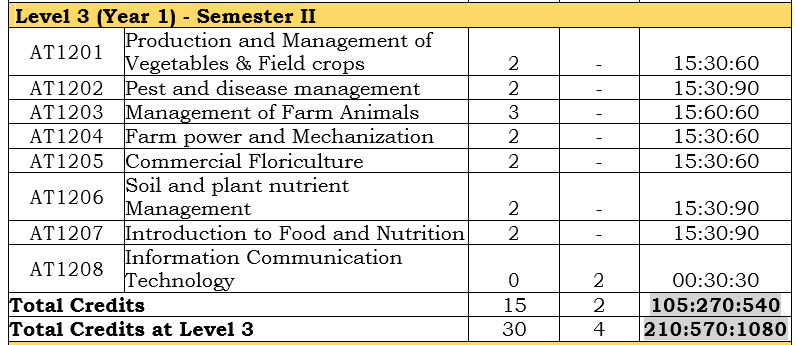




3.2.5 Optional courses
T: Theory, P: Practical, IL: Individual Leaning through LMS

An alpha numeric code shall be used to identity a course. The code consists of four digits prefixed by the two letters, namely AT, to denote ‘Agro-Technology’.
The first digit denotes the ‘Year’ at which the course is offered and the second digit denotes the ‘Semester’ in which the course is offered. The third and fourth digit denotes the ‘Serial number’ assigned for the course.
‘Theory’ hours allocate for each course will introduce the concepts, while the ‘Practical’ sessions, including those carry out within and outside the premises and independent learning will foster in-depth understanding of the concepts. Both ‘Expert’ and ‘Regular’ Teaching Sessions will be scheduled to deliver the content of each subject systematically. Further, the teaching process is well supported by the LMS, as it has been the practice of UCIARS throughout its history.
The field work and field visits under different course units provide hands-on experience and awareness about the real-world situations. Learning will be encouraged by the use of progressive formative assessments. The ‘Agro-technology in Practice’ course will in particular ensures the graduates’ ability to apply his/her knowledge appropriately in the field to realize the real world condition pertaining to application of theory.
Credit – a ‘time based quantitative measure’ assigned to a course unit and indicates the rating of the unit in working towards a degree. One credit is equivalent to 15 theory hours or 30 practical hours throughout the semester.
-
The criteria for “Exit” and “Entry”
A student who completes a particular Level (i.e. 3, 4 or 5), each is characterized by certain Credit Load, can be able to “exit” from the degree program with an award of a specific ‘Qualification Type’ with a ‘Designator’ as described in the following table.
Table: Criteria for Exit

Criteria for Entry
A student who completes a Diploma or Higher Diploma in Agriculture from other institutes can enter to different levels of the program mentioned as follows.
| Level of entry | NVQ level | Entry point |
| Level 4 (2nd year) | 5 | Higher Diploma |
| Level 5 (3rd year) | 6 | Bachelors |
Facilities for students
The library
The newly established library of UCIARS provide access for the students and the academic staff with different reading materials in order to support teaching, learning and research activities. The library locates in the institutional premises itself and was developed to this mini library after some minor modifications. The library building consists with two separate reading areas. The resource collection consists with more than 400 books.
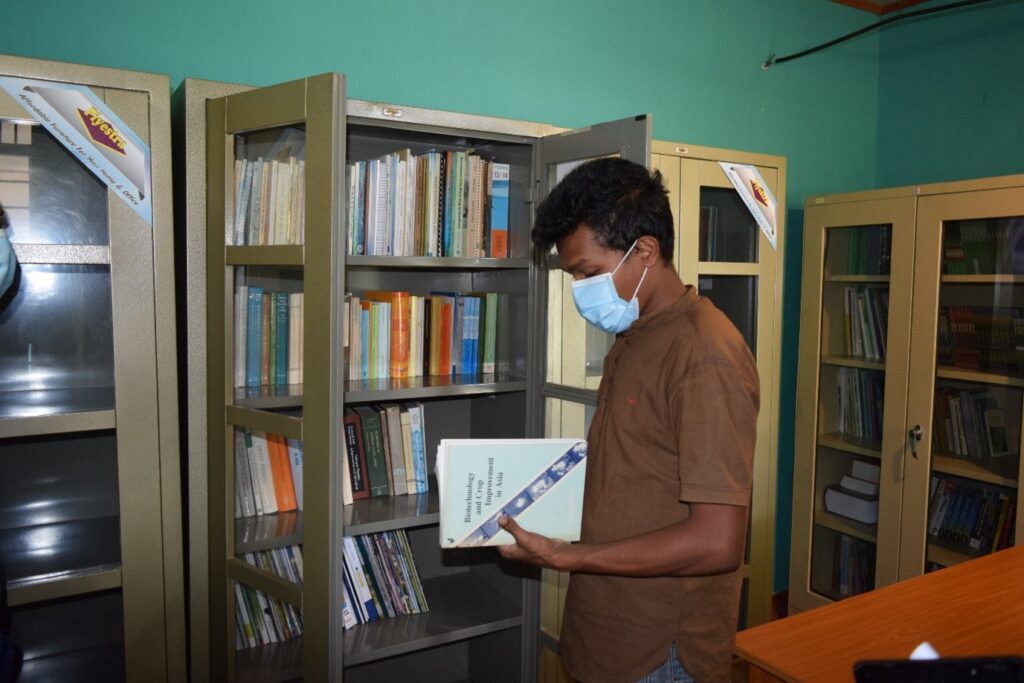
English Language Resource Laboratory
The English Unit of the UCIARS forms an integral part of the academic activities of the Institute. Objectives of the English Unit are to equip the graduates with necessary language skills required for effective learning and communication.
The Research Farm
University of Colombo Institute for Agro-technology and Rural Sciences have 40 acres of a farmland. The institutional farm at UCIARS encompasses about 40 ac of both upland and lowland land along with livestock. It consists of about 2 ac of Lowland Paddy, banana, fruit orchard with mango, pineapple, papaya, guava, and star fruit and so on. Vegetables such as curry chili, brinjal, ladies fingers, tomato have been grown in the farm. Thilapia fish is grown in the reservoir of the institute. Apart from that the Poultry units accommodate about 400 layers and broilers. Plans are under way to increase the capacity of the poultry unit. The cattle herd is about 10 Cows with a milk yield of about 8 L/day. A herd of about 23 goats is on the farm and a program is underway to improve them by cross breeding with Jamunapari breed. A small piggery unit is also maintained by the farm. The major aims of the farm are to provide practical training, research and demonstration, income generation and to address the problems of farmers in the area.
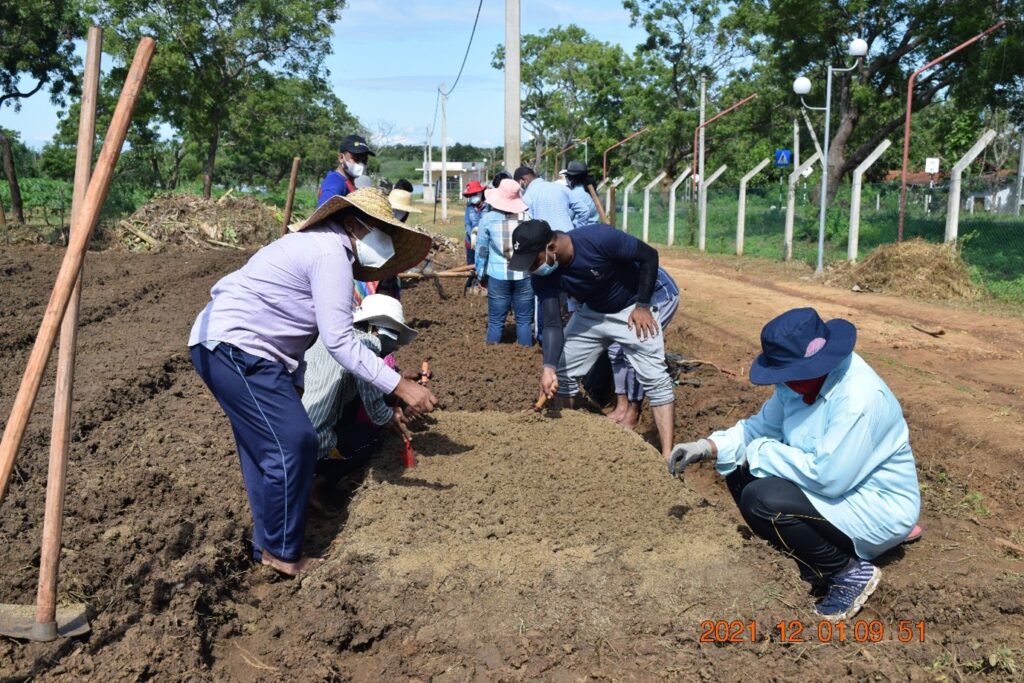
Agricultural Engineering Workshop
UCIARS Agricultural Engineering farm workshop provides facilities for agricultural engineering practice such as
- Identification parts of the farm tractors (two-wheel and four-wheel)
- Identification implements and attaching implements (such as ploughs, rotavators, grass cutters, threshers seed drillers, and trans-planters) to the tractor (2 & 4 Wheels), the function of hitch points, and PTO
- Low land, up-land ploughing techniques
- Introduction of tractor engine parts and gear box (two-wheel and four-wheel)
- Tractor maintenance (preventive and protective)
- Driving practices of the tractor
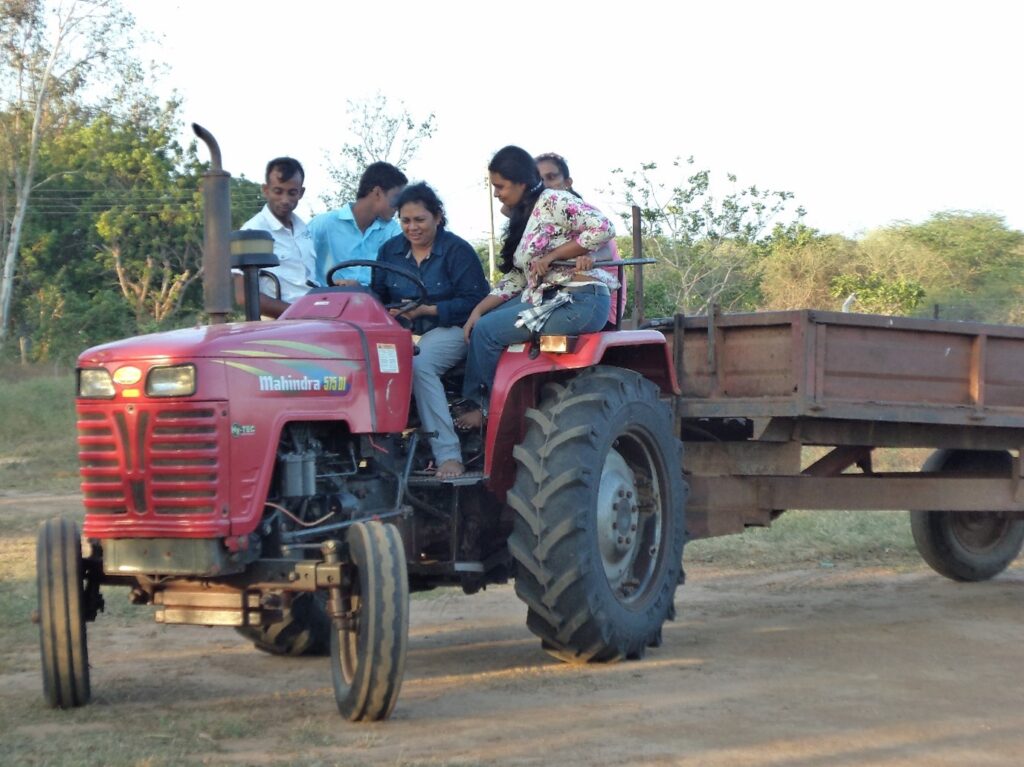
The Computer Unit
The computer unit of UCIARs is equipped with desktop computers for individual use of students for their academic learning activities.
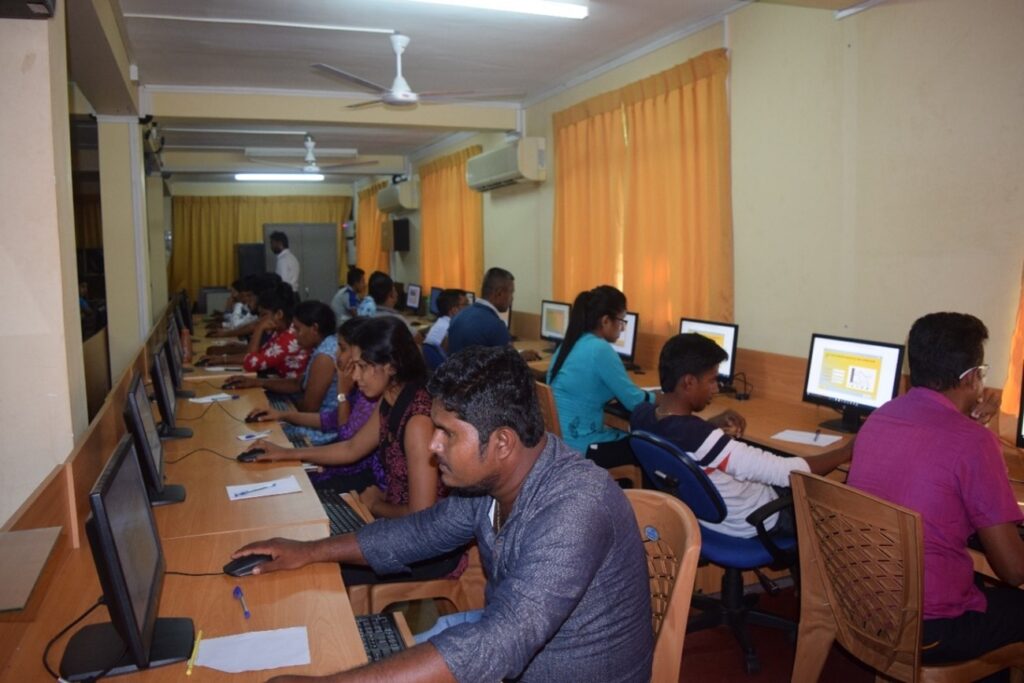
Laboratory Facilities
Four main laboratories are available for research and students practical in the UCIARS. Specially bio-technology lab is well equipped and provided facilities for advance research
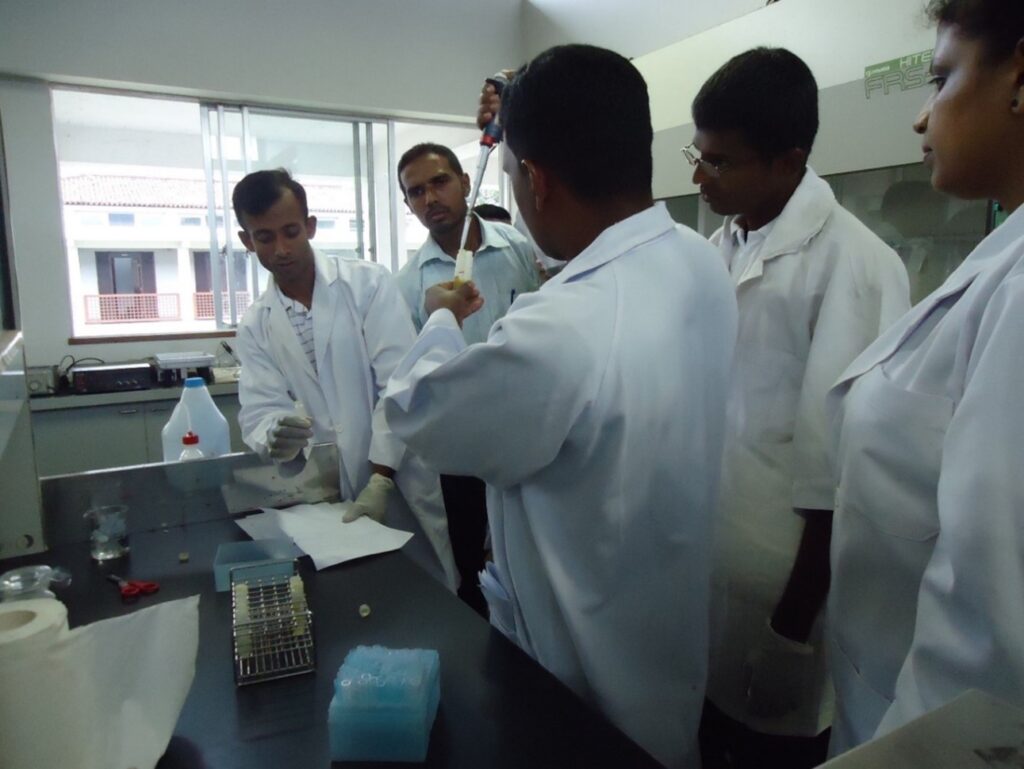
Food and Accommodation
Hostels
The institute maintains two hostel units with accommodation facility for around 400 students within the institute premises. At present, the institute provides hostel facilities for all boys and girls who are eligible for hostel facilities. In addition, post-graduate students are also allowed to stay in the hostels at their request.
Canteen facilities
There is a main canteen in the institute run by outside vendors who are selected by a Tender Board after calling Public Tenders. In the canteen, meals are available at concessionary rates during the whole week. Daily, students/staff members are benefited by this service.
Farm Sales Outlet
There is a farm products sales outlet in the institute. High quality, chemical free farm products such as vegetables, fruits, nursery plants, eggs and fresh milk are available at the outlet.
Sports facilities to students
Well maintain cricket ground and other sports facilities are available for students
Social events of the students
UCIARS has several traditional social events in its annual agenda. These are memorable occasions of the students’ life in the institute.
